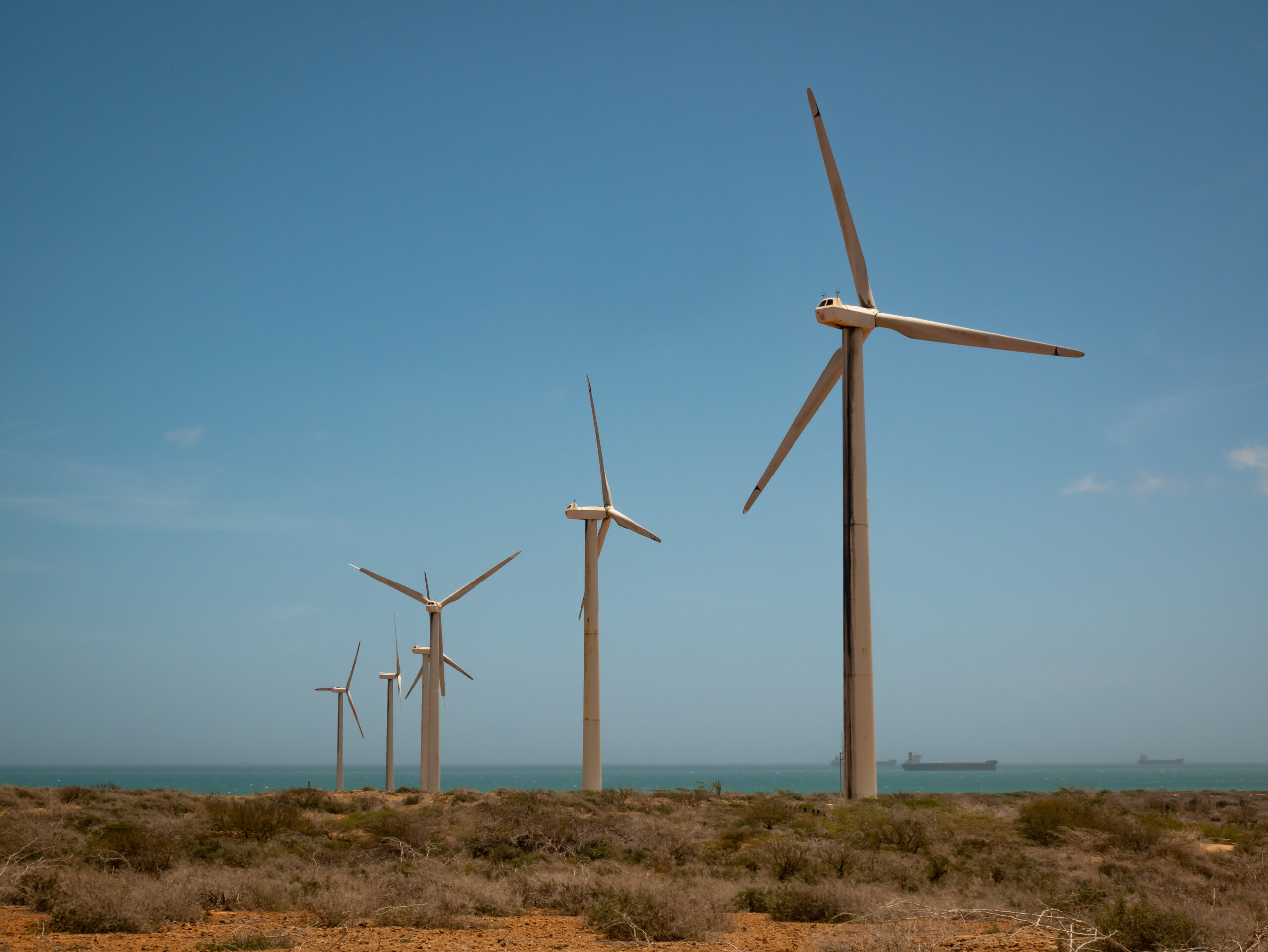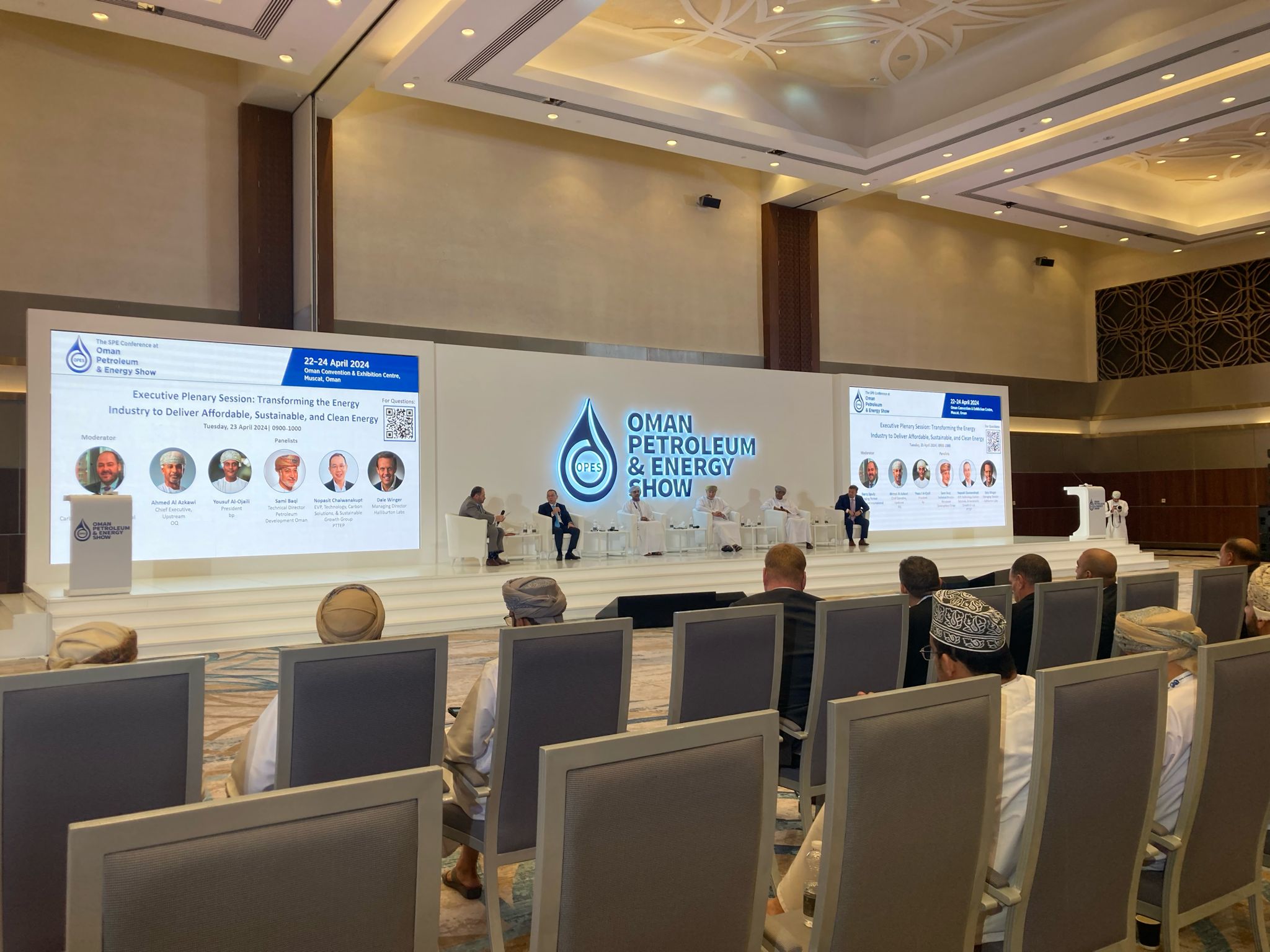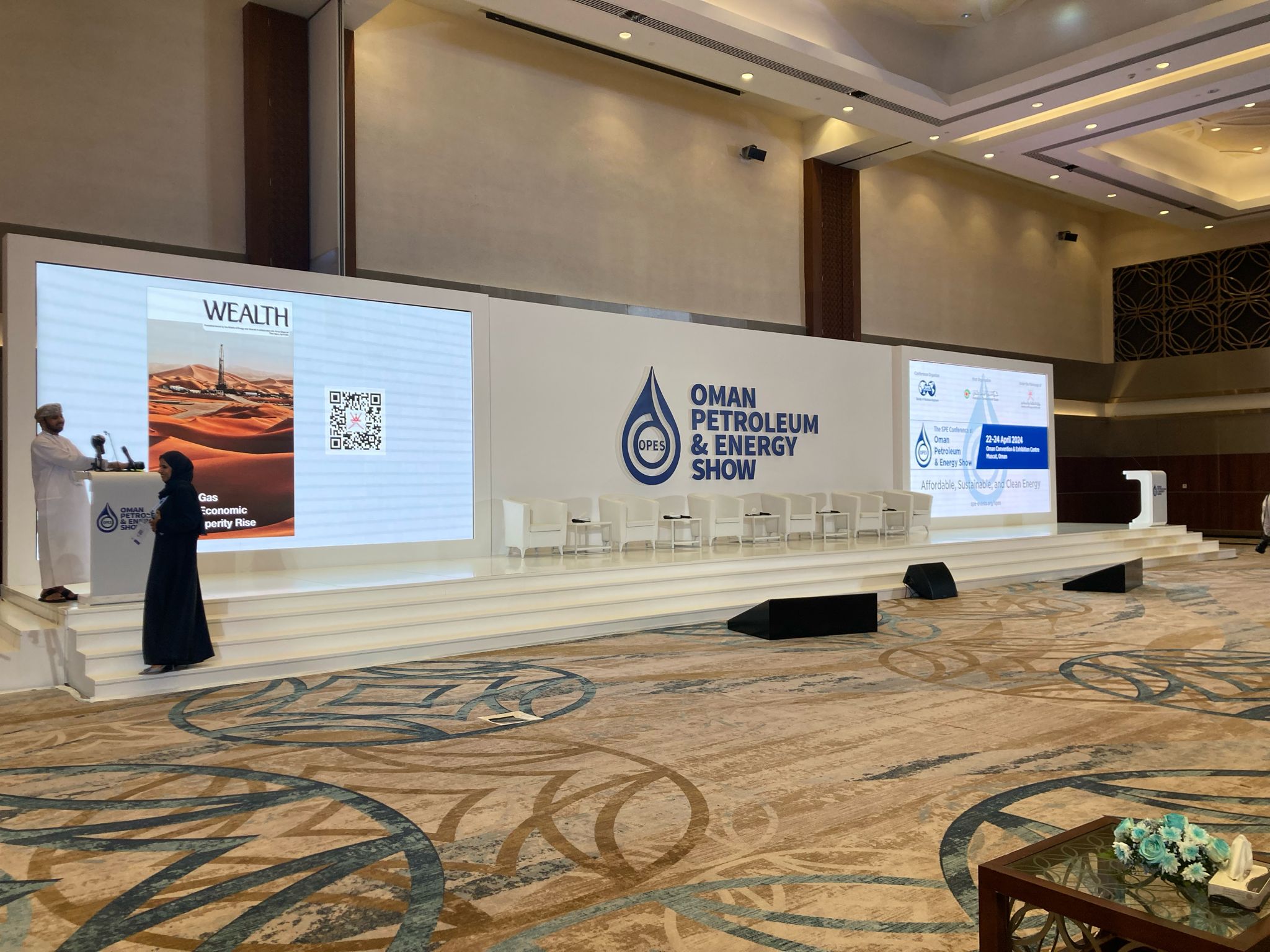Spanish oil major Repsol frees up cash for green investment
Repsol said the flow of cash will help its strategic goal of investing 35% of its capital expenditure, or 5.5 billion euros, in low carbon projects in the 2021-2025 period.

Spain’s Repsol has agreed to sell a 25% stake in its upstream oil and gas unit to US energy and infrastructure investor EIG for $4.8 billion to help fund its clean energy transition. The sale is the biggest among major oil companies since BP agreed to offload its petrochemicals business to INEOS for $5 billion in 2020.
The Repsol sale, however, is different, as it allows Repsol to maintain control over the assets, which will continue to operate within its integrated structure. Repsol’s upstream unit is expected to produce 570,000 boe/d in 2022 and holds proven and probable reserves of 2.3 billion boe, of which nearly 70% is gas. Repsol said the unit would continue to focus growth on key regional hubs, while maintaining a diversified portfolio of exploration and production assets in OECD countries.
The deal helps free up cash to facilitate the company’s green investments at a time of high oil prices and upstream valuations – it values Repsol’s upstream unit at $19 billion, well above current market levels and most analysts’ estimates. Repsol said the flow of cash will help its strategic goal of investing 35% of its capital expenditure, or 5.5 billion euros, in low carbon projects in the 2021-2025 period. The company also raised money in June through the sale of a 25% stake of its renewables’ unit to Credit Agricole Assurances and Energy Infrastructure Partners for 905 million euros. Repsol hopes its low carbon businesses will represent 45% of its group capital employed by 2030, including 20 GW of renewables and 1.9 GW of green hydrogen capacity.
Repsol CEO Josu Jon Imaz said: “This pioneering agreement allows us to maintain the strategic direction of the upstream unit and, at the same time, to boost the transformation of the company and its multi-energy profile to achieve zero net emissions by 2050.”
More to come
Other European majors are also divesting from oil and gas given their net zero commitments for scope 3 emissions. This is likely to result in huge structural change among these companies by 2050 – with 60% to 70% less oil and gas production and limited refining, according to Wood Mackenzie – offset by massive expansion in renewables, low carbon fuels and EV charging. However, their strategies diverge, mainly in terms of the pace and nature of the transition away from oil and gas.
Repsol’s oil and gas output has been mostly in decline since hitting 715,000 boe/d in 2018, reaching 540,000 boe/d in Q2, down 4% y-o-y. BP has the most ambitious planned cuts, with a target of 40% reduction in oil and gas output by 2030, while at the same time quickly expanding into low-carbon opportunities. TotalEnergies has a dual growth strategy increasing oil and gas production this decade while investing heavily in new energy at the same time. Wood Mac says that companies that “capitalise on their competitive advantages while maintaining sufficient flexibility to change as the energy transition progresses will be the most successful.”
Other sales have been forthcoming, but not on the scale of Repsol’s recent divestment. BP recently sold its 50% interest in the BP-Husky 160kb/d Toledo Refinery in Ohio to Cenovus Energy for $300 million but will maintain supply through a multi-year product supply agreement. And in June 2022, BP signed an agreement to sell its interest in the high emissions Sunrise oil sands project in Alberta, Canada, to JV partner Cenovus, while at the same time agreeing to acquire Cenovus’s interest in the Bay du Nord project offshore Newfoundland and Labrador.
BP has also sold its Algerian upstream business to Eni, comprising stakes in the In Amenas and In Salah gas ventures in the south of the country. The move will boost the Italian major’s Algerian output to over 120,000 boe/d in 2023 at a time when Italy is desperately seeking alternatives to Russian oil and gas supply.
On the purchase side, BP is buying EDF Energy Services, including its full retail operating capabilities – expanding its presence in the US commercial and industrial retail power and gas business. The move, alongside heavy investment in large US wind and solar schemes, will enhance BP’s ability to deliver green and conventional energy solutions and services directly to large US end-users. With a boost from its purchase of BHP’s North American shale gas assets a few years ago, BP remains the largest marketer of natural gas in North America and is also a major power provider.
Other mature upstream assets on the block include Shell and Exxon’s shares in Dutch gas producer, NAM, which is responsible for most of the Netherlands remaining gas production. TotalEnergies also has some upstream assets on offer, including its Sarang stake in Iraqi Kurdistan. However, even if these big publicly-owned oil and gas producers fully divest upstream assets to meet their emissions commitments, the emissions will continue if new operators maintain production – leaving the world little better off.



